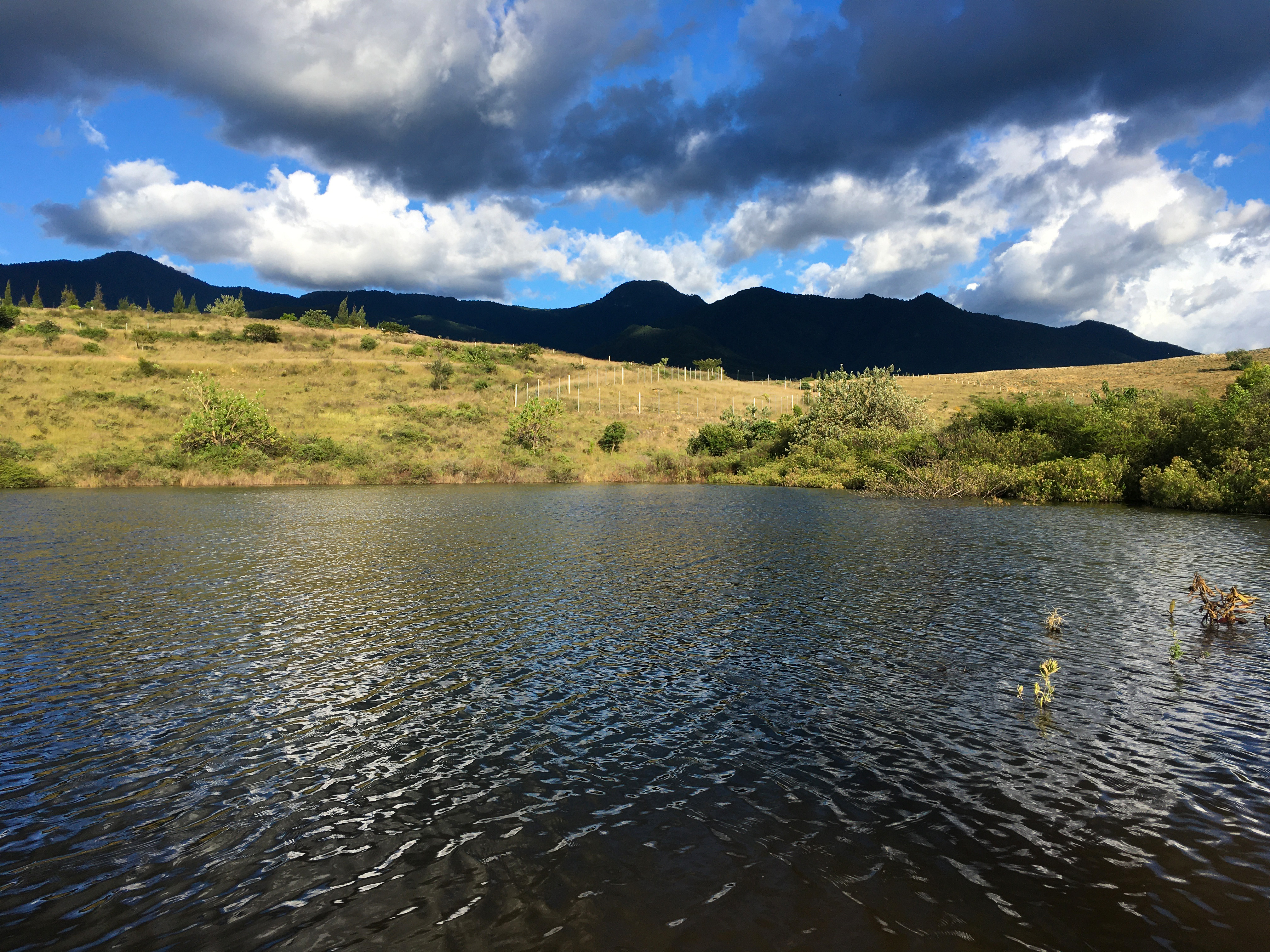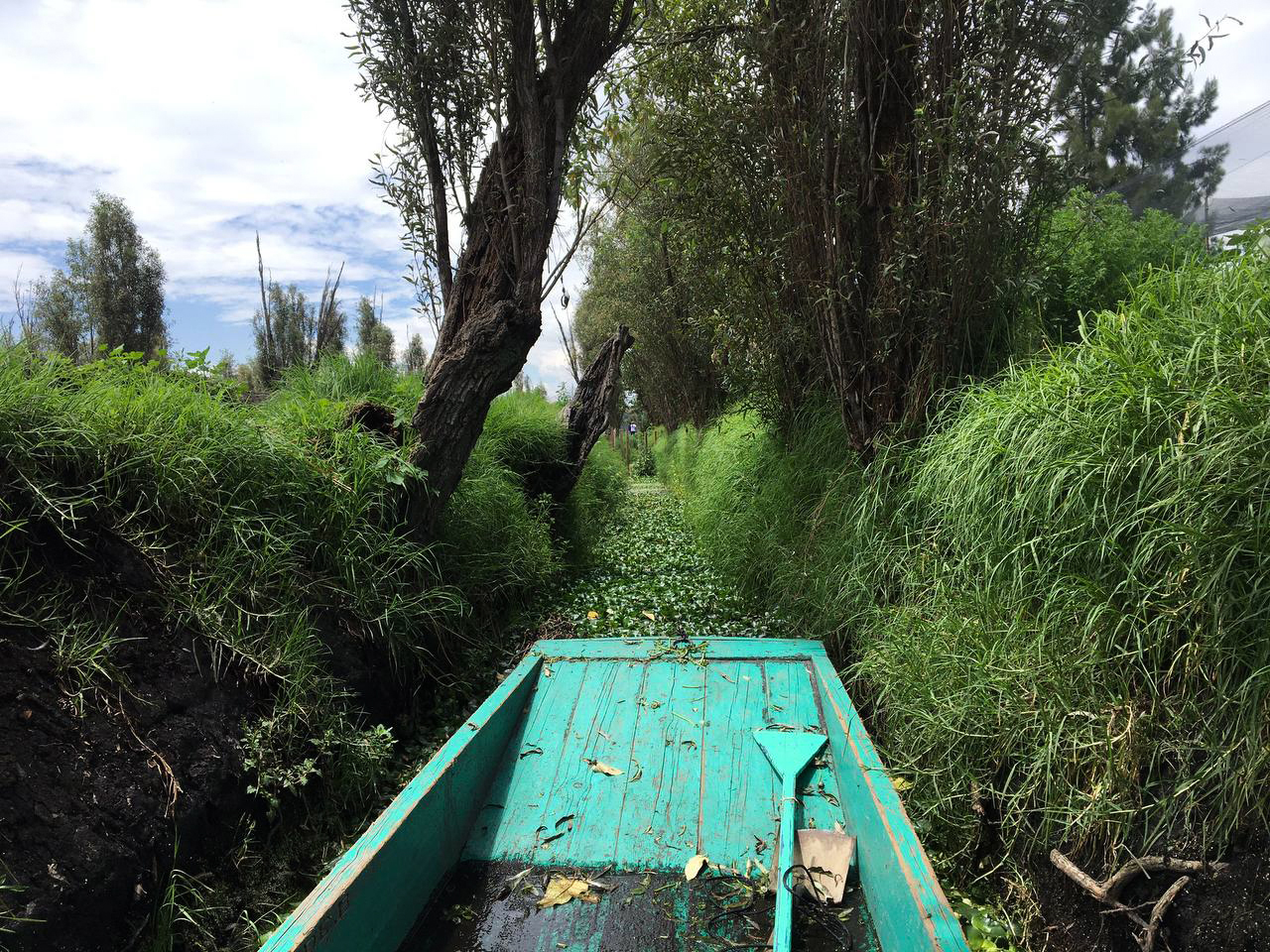The Return of the Herons
by: Tona Kinich
In an area that stands in contrast to the urbanized megalopolis, planting chinampas in the South of Mexico City is an act of territorial and epistemic defense, defying imposed development.


by: Tona Kinich
In an area that stands in contrast to the urbanized megalopolis, planting chinampas in the South of Mexico City is an act of territorial and epistemic defense, defying imposed development.

by: Nicolás Pradilla
Image: Water harvesting pot in San Sebastián de las Flores, Oaxaca. Retaining as much rainwater as possible brings many environmental, health and economic benefits. It contributes to the infiltration of water into groundwater and the regeneration of soils. Photograph by Nicolás Pradilla. Climate change is forcing economic transitions among the poorest sectors and will accelerate … No global climate justice without global epistemic justice

By protecting the forest in the Ticoya reserve, Ticuna, Cocama, and Yagua hunters are collectively pursuing sustainability and food sovereignty